Why Your Financial Mindset Matters (And How to Shift It)
Do you ever feel stuck when it comes to money?
Maybe you want to save more or feel less anxious about your finances, but it never quite seems to happen. You’re not alone. The truth is, how you think about money affects nearly every decision you make—from spending and saving to setting goals for the future.
Your financial mindset isn’t about “thinking positive.” It’s about the beliefs, habits, and emotions that shape how you handle money every day. And, if you have an unhealthy financial mindset, you have the power to change it.
Here’s how to shift your mindset toward more confidence, consistency, and long-term financial wellness.
What Is a Financial Mindset?
Your financial mindset is the way you think and feel about money. It’s your personal money story formed by past experiences, family habits, and even the messages you’ve absorbed from society.
For example:
“Saving is hard” might come from growing up in a household where money was tight.
“Debt is just part of life” might reflect what you’ve seen around you.
“I’ll never be good with money” may be something you’ve told yourself after a few mistakes.
These beliefs shape your financial choices, often without you realizing it. Shifting your mindset doesn’t happen overnight, but with awareness and small changes, it’s absolutely possible.
Common Negative Money Mindsets (and How to Reframe Them)
“I’m just not good with money.”
This mindset can stop you before you even start. Money skills aren’t innate—they’re learned.
Shift it to: “I can learn and improve my financial habits with time and effort.”
“I’ll start saving when I make more.”
Waiting for the “right time” usually means waiting forever.
Shift it to: “I can save something now, even if it’s small.”
“I’ll be in debt forever.”
When debt feels overwhelming, it’s easy to believe there’s no way out. But debt doesn’t have to last forever—it just needs a plan.
Shift it to: “I can make progress by tackling one payment at a time.”
Steps to Cultivate a Healthier Financial Mindset
1. Get Clear on Your Financial Goals
Clarity gives purpose to your money decisions. Write down one or two specific, achievable goals—like saving $1,000 for emergencies or paying off one credit card.
When your goals are realistic, progress feels attainable, not overwhelming.
2. Track Your Wins, Not Just Your Mistakes
Many people focus on what’s going wrong—missed payments, unexpected expenses, or bad habits. Try the opposite: note your wins, no matter how small.
Paid off $50 of debt? Saved $20 this week? That counts. Small victories create momentum.
3. Learn the Basics
Knowledge replaces fear with confidence. Strengthening your financial literacy helps you understand how money actually works—income, expenses, debt, and growth.
Read articles from reputable finance sites, listen to podcasts, or talk to a trusted advisor. The more you learn, the more informed and less stressful your decisions become.
4. Practice Mindful Spending
Pause before you buy something and ask: Does this support my goals?
This question helps you spot emotional or impulse purchases. Over time, mindful spending creates awareness and avoids regret later.
5. Create Habits That Support Confidence
Good habits take emotion out of the equation.
Automate savings so you don’t have to remember each month.
Set a monthly time to review your finances without judgment.
Focus on steady progress, not perfection.
These small systems make it easier to stay on track, even during busy or uncertain times.
How a Positive Mindset Helps You Stay Resilient
A healthy mindset doesn’t mean ignoring challenges. It means facing them with perspective and control.
When you believe you can adapt, you’re more likely to take action instead of freezing in fear.
For example:
When prices rise, you look for ways to adjust spending.
When income dips, you refocus on essentials instead of giving up.
This resilience helps you make thoughtful choices, even during uncertain times.
When to Seek Support
Sometimes, it’s hard to make progress alone. A financial advisor can help you turn mindset shifts into real, measurable action.
They can help you:
- Clarify goals
- Create realistic saving or investment plans
- Stay accountable to your progress
At
Rise North Capital, we help clients with both confidence and strategy—because lasting financial success starts with the right mindset and a solid plan.
Final Thoughts
Your mindset affects every dollar you earn, spend, or save. Changing it doesn’t require perfection—it just takes awareness and small, consistent action.
Start by identifying one belief that’s holding you back and reframe it into something more supportive. Then take one small step toward your goal this week.
The
Rise North Capital team is here to help you pair smart
financial strategies with a mindset that empowers you to succeed—no matter where you’re starting from.
Reach out today to take the first step toward financial confidence and clarity.







